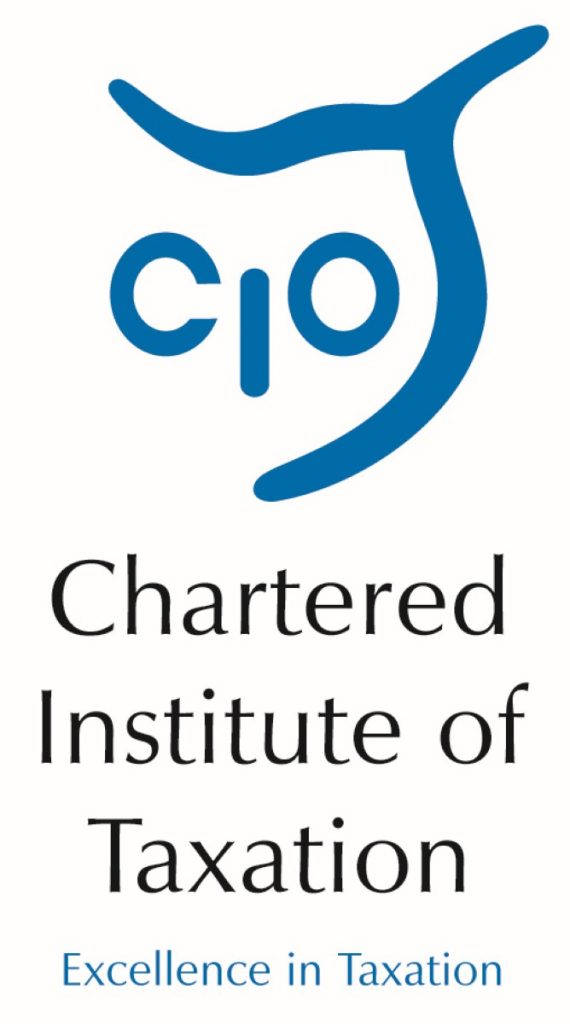The Chartered Institute of Taxation (CIOT) welcomes today’s announcement by the Financial Secretary to the Treasury, Mel Stride MP, that mandation of digital record keeping and quarterly reporting by small businesses and landlords for income tax purposes will be deferred until at least April 2020.
This means that smaller businesses will have much longer to familiarise themselves with digital record keeping and find the right software and processes suitable for their business. This latest announcement means that the government has deferred mandation for at least two years from the original proposed start date of April 2018.[1]
John Preston, CIOT President, said:
“We are delighted that the government has relaxed the timetable for Making Tax Digital (MTD) and appears to be basing its approach on coaxing rather than compelling businesses into going digital.
“Whilst we are supportive of the government’s long term ambitions for digitalising the tax system, we have always called for this to be achieved in a measured and manageable way. This deferral will give much more time for businesses, supported by their advisers, to identify for themselves, at their own pace, the benefits of digital record keeping. It will also ensure that many more software products can be developed and tested before mandation is reconsidered.”
Whilst the requirement has been deferred for Income Tax, the timetable for VAT has not changed, and VAT registered businesses with a turnover in excess of £85,000 per annum will be obliged to maintain digital records and provide quarterly updates (VAT returns) to HMRC.
Adrian Rudd, Chair of the joint CIOT and ATT Digitalisation and Agent Strategy Working Group said:
“Today’s announcement by the Minister is extremely welcome, although there is still much to do to ensure MTD for VAT works effectively from April 2019. We look forward to continuing our constructive engagement with HMRC and other stakeholders to identify, and iron out, potential problems before the system is mandated.”
Notes to editors
1. The Government announced today that…
· only businesses with a turnover above the VAT threshold (currently £85,000) will have to keep digital records and only for VAT purposes
· they will only need to do so from 2019
· businesses will not be asked to keep digital records, or to update HMRC quarterly, for other taxes until at least 2020
Making Tax Digital will be available on a voluntary basis for the smallest businesses, and for other taxes. This means that businesses and landlords with a turnover below the VAT threshold will be able to choose when to move to the new digital system.
HMRC will start to pilot MTDfB for VAT by the end of this year, starting with small-scale, private testing, followed by a wider, live pilot starting in Spring 2018. This will allow for well over a year of testing before any businesses are mandated to use the system.
More at: https://www.gov.uk/government/news/next-steps-on-the-finance-bill-and-making-tax-digital
1. The Chartered Institute of Taxation (CIOT)
The CIOT is the leading professional body in the United Kingdom concerned solely with taxation. The CIOT is an educational charity, promoting education and study of the administration and practice of taxation. One of our key aims is to work for a better, more efficient, tax system for all affected by it – taxpayers, their advisers and the authorities. The CIOT’s work covers all aspects of taxation, including direct and indirect taxes and duties. Through our Low Incomes Tax Reform Group (LITRG), the CIOT has a particular focus on improving the tax system, including tax credits and benefits, for the unrepresented taxpayer.
The CIOT draws on our members’ experience in private practice, commerce and industry, government and academia to improve tax administration and propose and explain how tax policy objectives can most effectively be achieved. We also link to, and draw on, similar leading professional tax bodies in other countries. The CIOT’s comments and recommendations on tax issues are made in line with our charitable objectives: we are politically neutral in our work.
The CIOT’s 18,000 members have the practising title of ‘Chartered Tax Adviser’ and the designatory letters ‘CTA’, to represent the leading tax qualification.
Contact: Hamant Verma, External Relations Officer, 0207 340 2702 HVerma@ciot.org.uk
(Out of hours contact: George Crozier, 07740 477 374)





-01.png)